- Predicting demand: AI algorithms can analyze historical data and other factors to predict future demand for products, which can help businesses ensure that they have the right products in the right places at the right times.
- Optimizing inventory levels: AI can help businesses optimize their inventory levels to minimize stockouts and overstocks, which can save money and improve customer satisfaction.
- Improving transportation efficiency: AI can help businesses improve their transportation efficiency by routing shipments more efficiently and optimizing loading and unloading operations.
Best Practices Articles

The Transformative Power of Artificial Intelligence in Channel-Based Sales
Introduction
Artificial Intelligence (AI) is revolutionizing how businesses operate in the 21st century. With its ability to introduce efficiencies, provide insights, and unlock new capabilities, AI is reshaping many business functions, including supply chain management, logistics, sales, and marketing. This article explores the profound impact of artificial intelligence on channel-based sales. It explains how businesses can leverage this technology to drive growth, enhance customer satisfaction, and boost their bottom line.
Optimizing the Supply Chain
One of the most significant ways artificial intelligence transforms channel-based sales is by optimizing the supply chain. By analyzing vast amounts of data, AI algorithms can detect patterns and make accurate predictions about future demand. This capability empowers businesses to streamline their operations, ensuring they have the right products at the right place and time. For instance, AI can effectively predict product demand by considering weather conditions, holidays, and other significant events. With this knowledge, businesses can optimize their inventory levels, reducing the potential for overstocks or stockouts, lowering carrying costs, increasing customer satisfaction, and improving their overall financial performance.
Enabling Personalized Customer Experiences
Artificial Intelligence also revolutionizes channel-based sales by enabling highly personalized customer experiences. By analyzing customer data, AI algorithms can uncover valuable insights into customer preferences and buying behavior, allowing businesses to tailor their offerings to individual customers. For instance, AI can analyze data about a customer’s past purchases, browsing history, and demographics and then leverage this information to provide personalized recommendations, promotions, and discounts to that customer. This level of personalization helps businesses drive customer engagement, enhance satisfaction, and fuel sales growth.
Automating Sales and Marketing Processes
Artificial Intelligence offers a tremendous advantage to businesses by automating numerous sales and marketing processes. This minimizes the need to perform tasks manually, saving valuable time and resources while allowing enterprises to maintain high levels of customer service. For example, AI-powered chatbots can often handle customer queries and support requests more efficiently than humans, freeing up sales and marketing teams to focus on more complex tasks. AI can also optimize sales and marketing campaigns by analyzing data on customer behavior, market trends, and other influential factors. By automating these processes, businesses can significantly enhance their efficiency, reduce costs and bolster their bottom line.
Optimizing Pricing Strategies
Another crucial aspect of AI’s impact on channel-based sales is its ability to optimize pricing strategies. AI algorithms can analyze market trends, detect fluctuations in competitor pricing and identify changing customer behaviors to determine the optimal product prices at any given time. This kind of comprehensive analysis enables businesses to set profitable and competitive prices, thus increasing revenue and market share.
The rapid integration of artificial intelligence into channel-based sales is revolutionizing the business landscape. By embracing this technology, companies can unlock new avenues for growth, enhance customer satisfaction and improve their financial performance. As AI continues to evolve, early adopters in the channel will be firmly positioned to succeed in the years ahead.
Frequently asked questions (FAQ)
- Analyzing customer data: AI algorithms can analyze customer data such as purchase history, browsing behavior, and demographics to gain insights into customer preferences and buying behavior.
- Providing personalized recommendations: AI can use insights from customer data to provide personalized recommendations, promotions, and discounts to individual customers.
- Tailoring customer interactions: AI can help businesses tailor their customer interactions to individual customers, such as by providing personalized support or offering different product options based on the customer's needs.
- Lead generation: AI can be used to generate leads by identifying potential customers and gathering information about them.
- Lead nurturing: AI can be used to nurture leads by sending them personalized messages and content.
- Customer support: AI-powered chatbots can handle customer queries and support requests, freeing up sales and marketing teams to focus on more complex tasks.
- Marketing campaigns: AI can be used to optimize marketing campaigns by analyzing data on customer behavior, market trends, and other influential factors.
For more information, please check this article.
Author:
Sugata Sanyal
Best Practices Guidebook
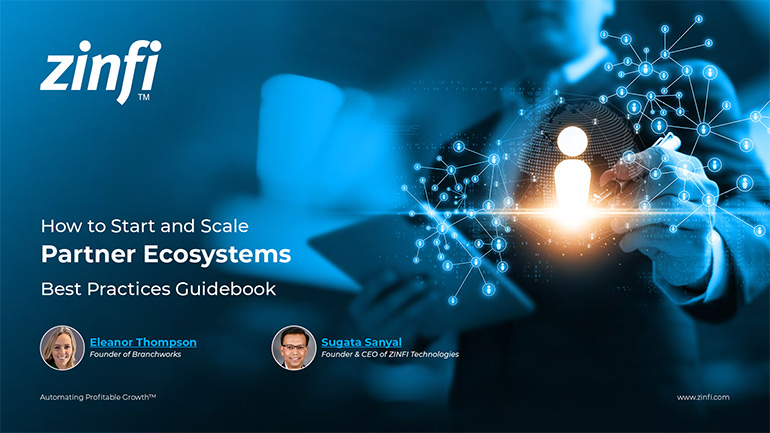 How to Start and Scale Partner Ecosystems Best Practices
How to Start and Scale Partner Ecosystems Best PracticesDownload Guide
 The Evolution of PartnerOps: Past, Present & Future Best Practices
The Evolution of PartnerOps: Past, Present & Future Best PracticesDownload Guide
 Mastering Channel Sales: Strategies, Best Practices, and Growth Tactics for 2025
Mastering Channel Sales: Strategies, Best Practices, and Growth Tactics for 2025Download Guide
 Winning with Partner Advisory Councils: Best Practices for Partner Engagement & Growth
Winning with Partner Advisory Councils: Best Practices for Partner Engagement & GrowthDownload Guide
 The Future of Partner Ecosystems Best Practices
The Future of Partner Ecosystems Best PracticesDownload Guide
 The AI Revolution: How Technology and Talent are Shaping the Future
The AI Revolution: How Technology and Talent are Shaping the FutureDownload Guide
 Top 105 Partner Management Metrics that Matter Best Practices
Top 105 Partner Management Metrics that Matter Best PracticesDownload Guide
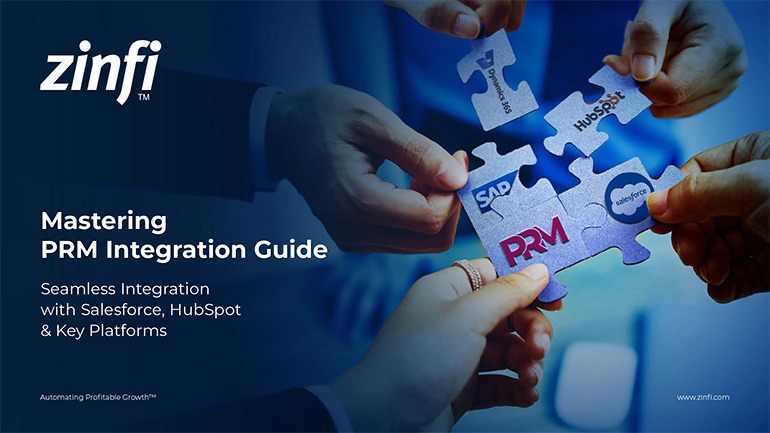 Mastering PRM Integration Best Practices
Mastering PRM Integration Best PracticesDownload Guide
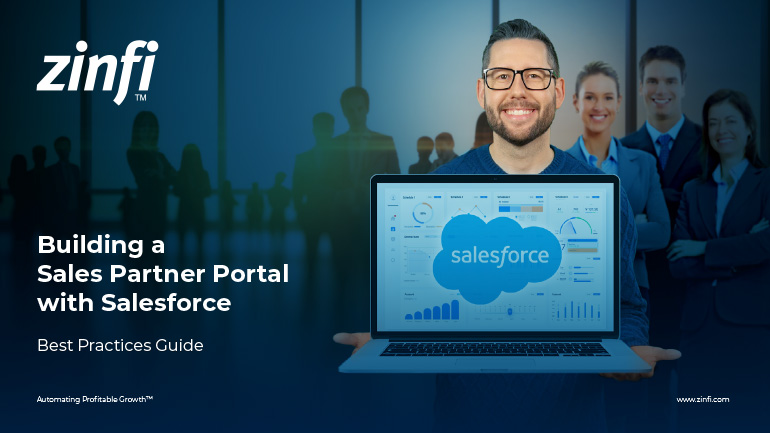 Building a Sales Partner Portal with Salesforce Best Practices
Building a Sales Partner Portal with Salesforce Best PracticesDownload Guide
 Building and Managing Partner Ecosystems Best Practices
Building and Managing Partner Ecosystems Best PracticesDownload Guide
 Mastering Co-Marketing and Co-Selling Best Practices
Mastering Co-Marketing and Co-Selling Best PracticesDownload Guide
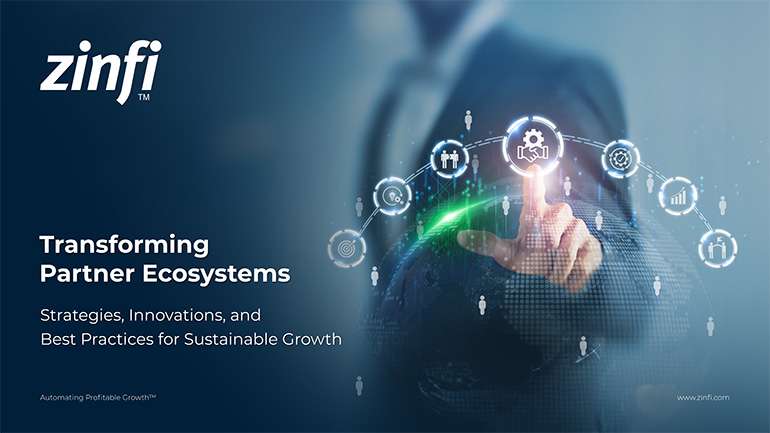 Transforming Partner Ecosystems Best Practices
Transforming Partner Ecosystems Best PracticesDownload Guide
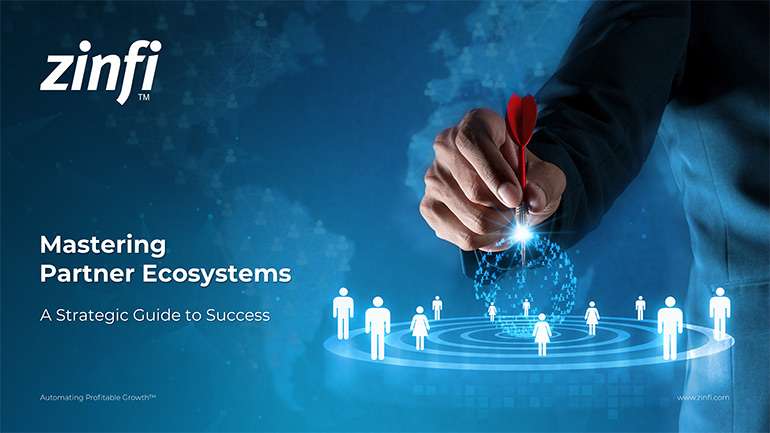 Mastering Partner Ecosystems Best Practices
Mastering Partner Ecosystems Best PracticesDownload Guide
 Mastering Partner Onboarding Best Practices
Mastering Partner Onboarding Best PracticesDownload Guide
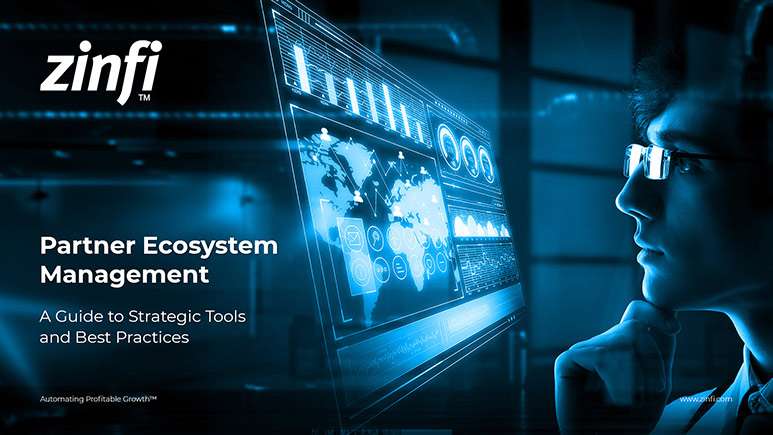 Partner Ecosystem Management Best Practices
Partner Ecosystem Management Best PracticesDownload Guide
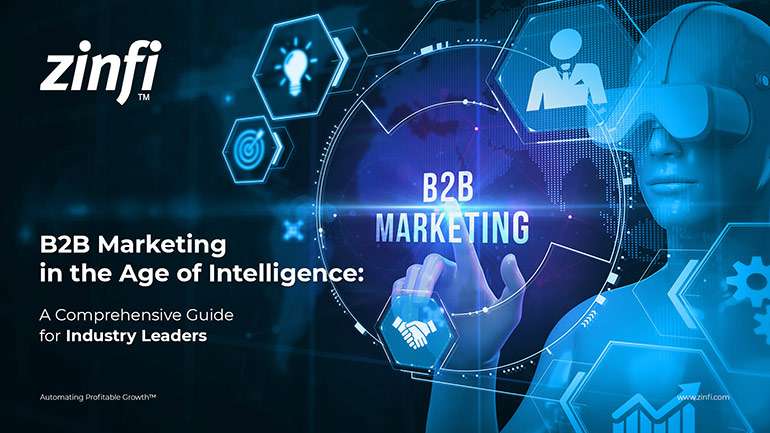 B2B Marketing in the Age of Intelligence Best Practices
B2B Marketing in the Age of Intelligence Best PracticesDownload Guide
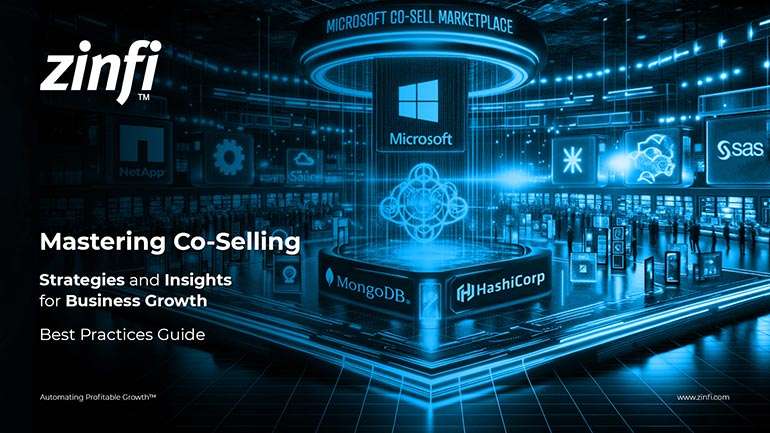 Multi-Partner Co-Selling Best Practices
Multi-Partner Co-Selling Best PracticesDownload Guide
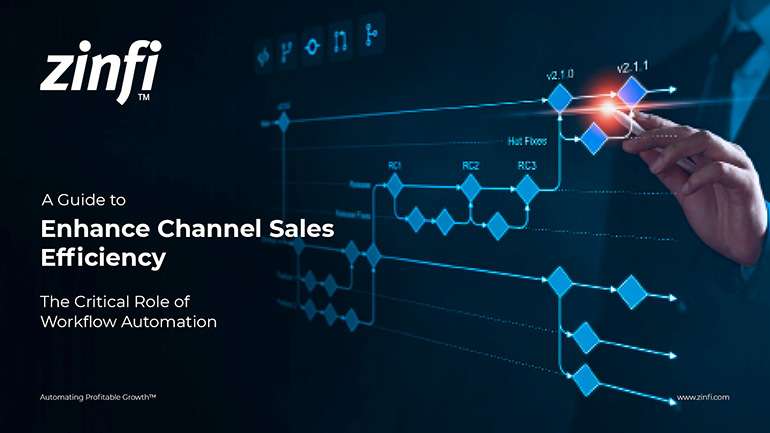 A Guide to Enhance Channel Sales Efficiency
A Guide to Enhance Channel Sales EfficiencyDownload Guide







